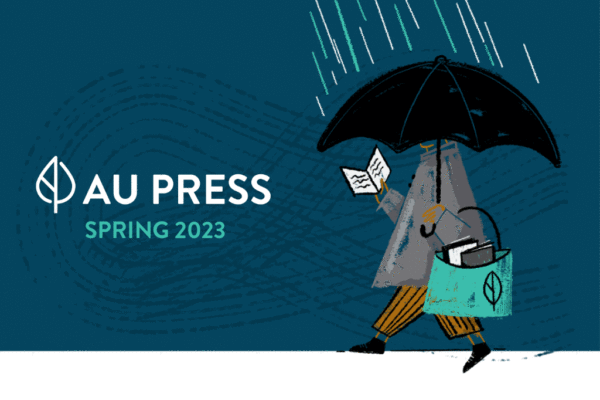The rapid pivot to online education following the outbreak of COVID-19 has meant universities and other schools around the world were suddenly leaning heavily on educational technology to facilitate remote lectures and exams. Resources for teaching online are still in high demand so we thought it was a great time to highlight the work we do in this area!
Our Issues in Distance Education series offers informative and accessible overviews, research results, discussions and explorations of current issues, technologies and services used in distance education. Each volume focuses on critical issues and emerging trends, while noting the evolutionary history and roots of this specialized mode of education and training.
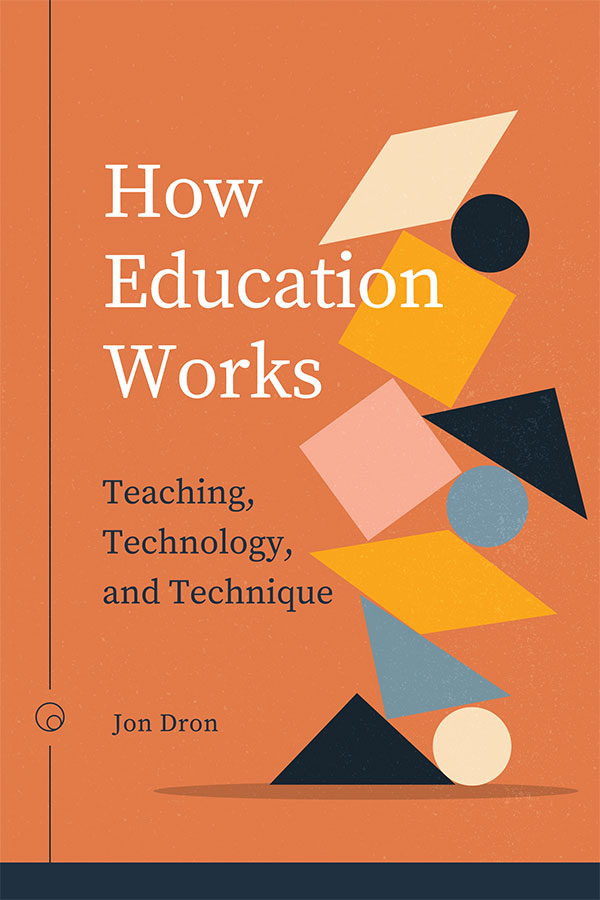
In How Education Works, Jon Dron views education, learning, and teaching through a technological lens that focuses on the parts we play in technologies, from language and pedagogies to computers and regulations. He proposes a new theory of education whereby individuals are not just users but co-participants in technologies—technologies that are intrinsic parts of our cognition, of which we form intrinsic parts, through which we are entangled with one another and the world around us.
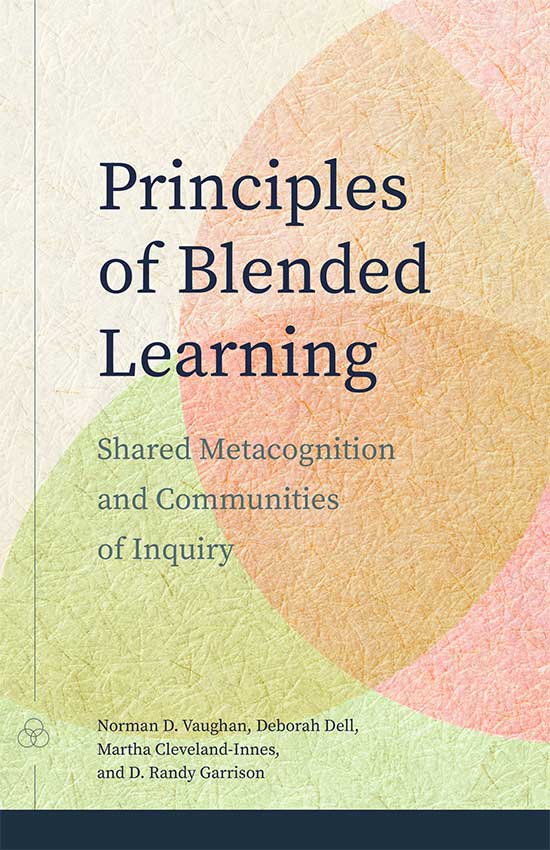
A theoretical grounding of approaches and practices is imperative to support blended learning and sustain change across multiple levels in education organizations, from leadership to classroom. In their latest book, Principles of Blended Learning, authors Norman D. Vaughan, Deborah Dell, Martha Cleveland-Innes, and D. Randy Garrison explore the Community of Inquiry as a valuable framework that regards higher education as both a collaborative and individually constructivist learning experience. The framework considers the interdependent elements of social, cognitive, and teaching presence to create a meaningful learning experience. COMING SOON!
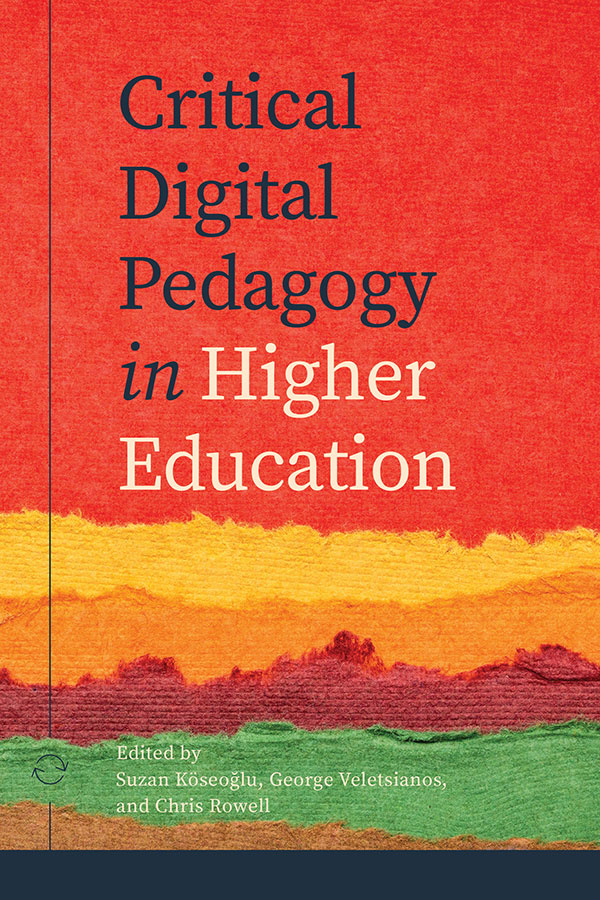
Recent efforts to solve the problems of education—created by neoliberalism in and out of higher education—have centred on the use of technology that promises efficiency, progress tracking, and automation. In Critical Digital Pedagogy in Higher Education, the editors argue that using technology in this way reduces learning to a transaction. They ask administrators, instructors, and learning designers to reflect on our relationship with these tools and explore how to cultivate a pedagogy of care in an online environment.
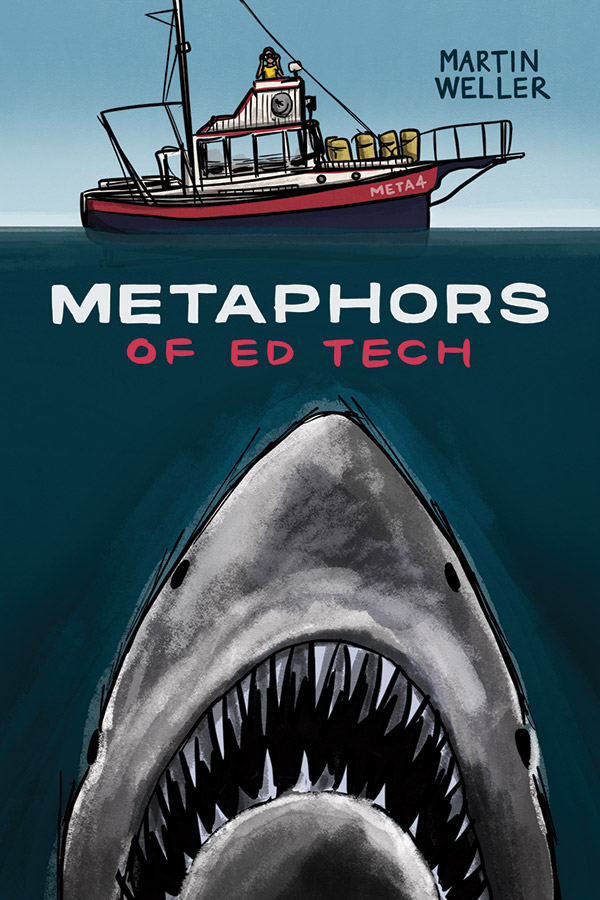
Metaphors of Ed Tech by Martin Weller provides new ways of thinking about educational technology through a wide range of metaphors. By using metaphors as a mental model, Weller enables educators to move beyond pragmatic concerns into more imaginative and playful uses of technology and to critically examine the appropriate implementation and adoption of ed tech.
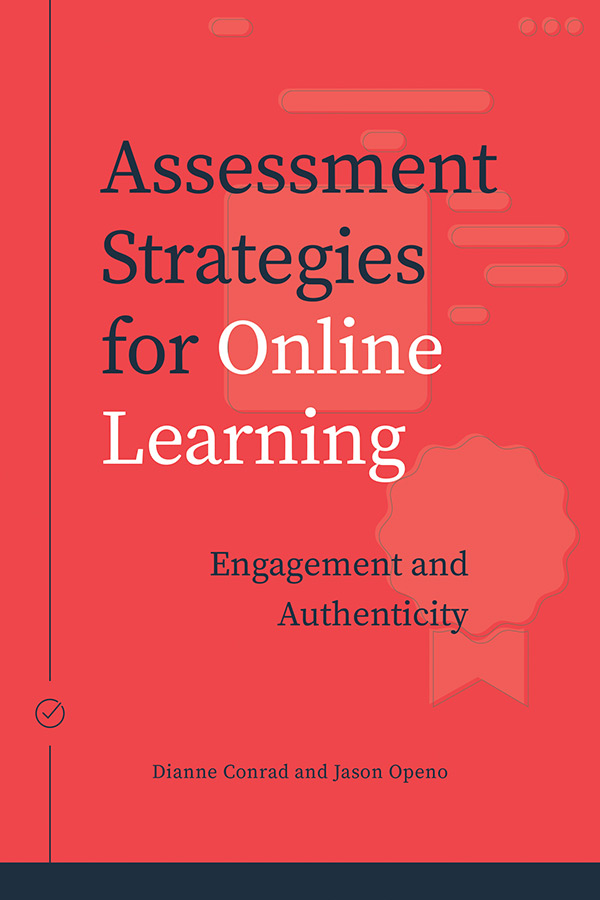
One of the most popular books in this series, Assessment Strategies for Online Learning edited by Dianne Conrad and Jason Openo explores assessment that engages learners and authentically evaluates education. The authors argue that moving to new learning environments, specifically those online and at a distance, afford educators opportunities to embrace only the most effective face-to-face assessment methods and to realize the potential of delivering education in the digital age.


